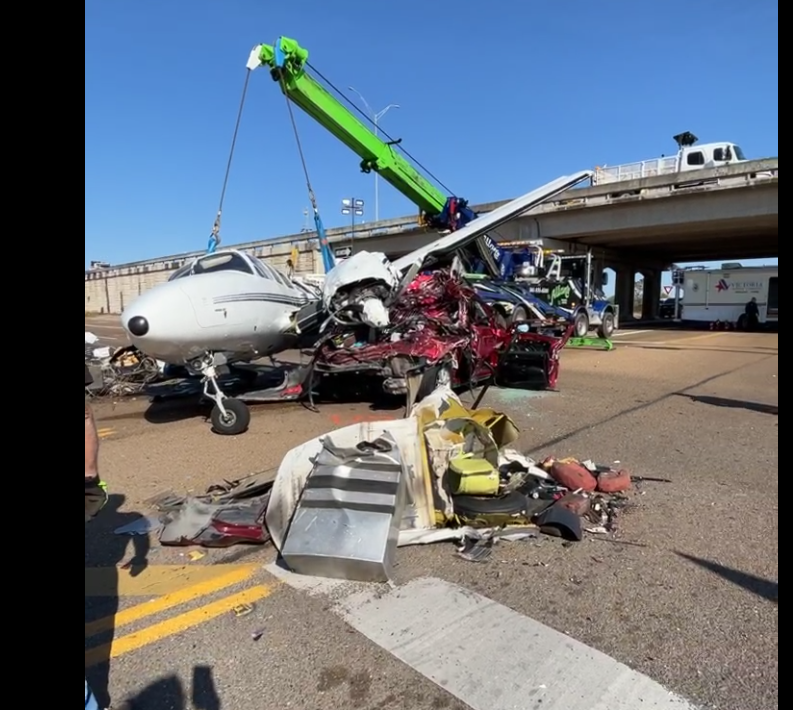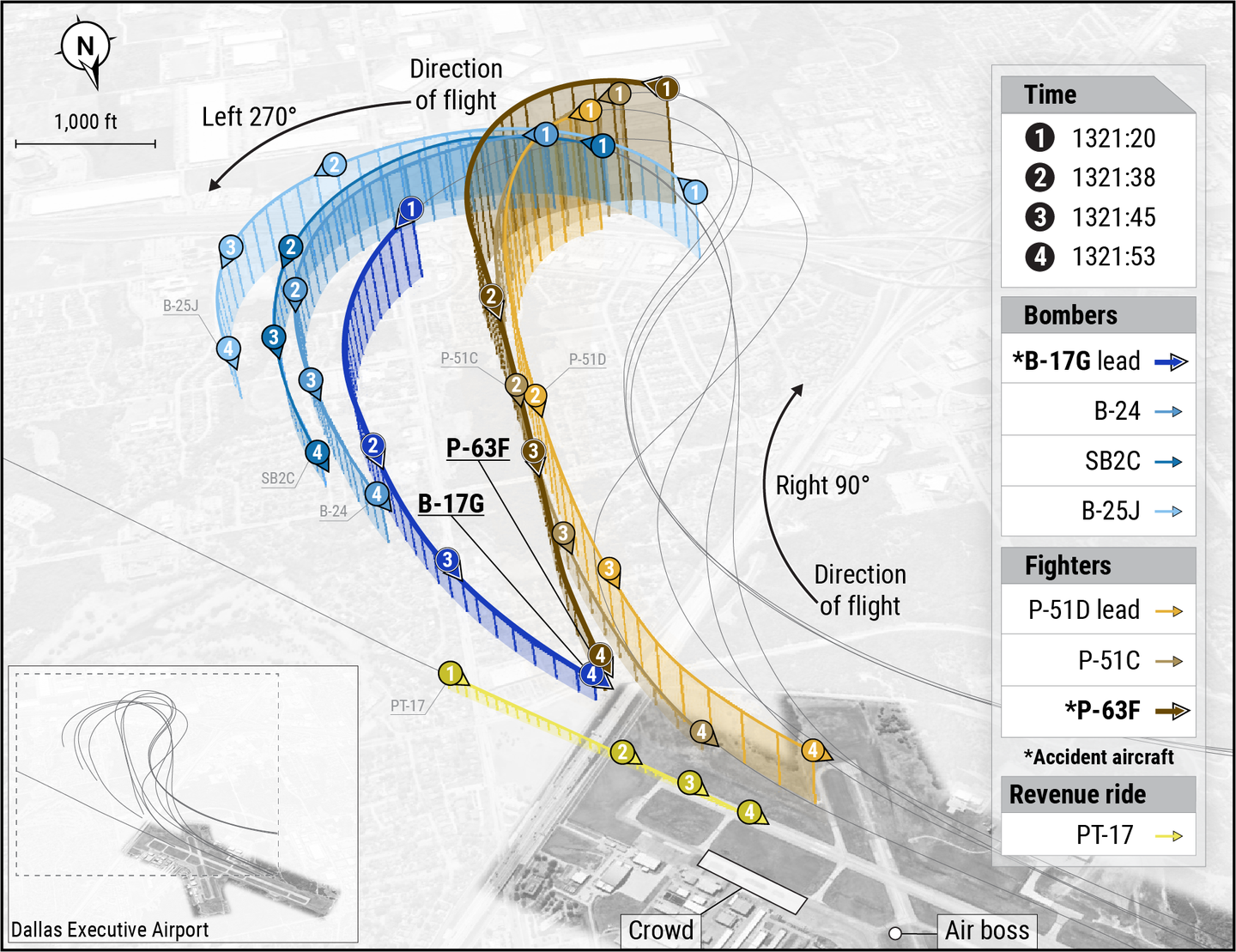Busted: What Now?
If the FAA offers you remedial training in lieu of other enforcement options, we say take it. You might even learn something.
You are IFR and solidly in the clag; the terminal area is busy and Departure Control sounds like a tobacco auctioneer. You are flying single pilot, trying to comply with the eparture clearance but beginning to have a hard time keeping up with the airplane. Your right seat passenger is apprehensive about flying anyway, and is babbling to relieve his stress. You are at 3000 feet when Departure clears you to climb to 11,000. You climb at a good rate in your high-performance airplane when the controller informs you that you have exceeded your assigned altitude by 400 feet. You immediately nose over back to 11,000 -- making your passenger even more nervous. Departure tells you of a possible deviation, and to contact them, giving you a phone number to call. The call does not go well. Oh boy. What now?One day -- soon -- a letter arrives from the FAA informing you of the reported altitude bust and offering you 10 days to respond to the allegation. This notice is referred to as the 10-day letter and you have a choice of responding or not. If you decide not to respond, you may want to consult an aviation-experienced attorney for advice. If you decide to respond, and the incident meets the criteria, you may be offered remedial training in lieu of enforcement action by the FAA. Remedial training? What in the world is that?
Lady or the Tiger?
Few of us willfully operate contrary to the rules. For a variety of reasons, however, we might find ourselves inadvertently the subject of an FAA enforcement investigation. In many cases, if the alleged violation wasn't considered serious, wasn't criminal in nature, or didn't adversely impact safety -- and if the investigating inspector determines it was inadvertent and your attitude regarding the incident is positive, you may be offered remedial training in place of FAA enforcement action. An enforcement action may lead to suspension or revocation of your airman certificate, or in some cases a civil penalty (read that as an expensive fine). Remedial training is usually a better option.Different Flight Standards District Offices (FSDOs) may have slightly differing procedures, but at our local FSDO if remedial training is offered and you accept, you will sign an agreement to undergo specific training from a CFI designated by the FAA to administer the training. You will receive a letter outlining the reason you are offered remedial training, the date by which the training must be completed, and the name with telephone number of the designated instructor. It is imperative that you complete the training by the specified date. The FSDO is under tight time constraints for completion of this action
Enter the Counselor
The remedial instructor is usually a FSDO-appointed aviation counselor (ASC) with the experience and background appropriate to the training you will receive. The instructor's fee will be at your expense. A syllabus will be attached to the letter outlining the specific training to be received. Normally a minimum of three hours of ground school and three hours of flight training will be specified.The package will include a certificate of satisfactory completion to be signed by the instructor when training is completed and then returned to the FAA. The training outlined in the syllabus will be tailored to your situation and to the type of incident that led to the alleged violation.When I conduct this training, I prepare a lesson plan to cover all of the syllabus requirements and, time permitting, provide additional training in other areas of possible weakness.When the FSDO receives the certificate of completion from your instructor, your remedial program is completed. Your airman record will reflect that you were the subject of FAA administrative action. This means that you will have no violation in your records. Even better, the record of administrative action will be expunged from your records after two years, provided you have no further violations. This is much better than the five years that a violation will remain on your records for a suspension, and way better than a revocation, which will remain permanently on your records. Of course an offense that could result in a revocation would not result in being offered remedial training.After the remedial training is completed, I advise noting the two years from completion on your calendar and checking back with the FAA Airman Records branch to make sure that it in fact has been removed. Also, when filling out an application for employment or for aircraft insurance, you can indicate no to questions asking if you have a violation in your records. Remedial training is an FAA administrative action, not a violation.
Where Busts Happen
Over the past few years of conducting remedial training, I have noticed the kind of incidents that lead to remedial training in lieu of enforcement action. Altitude busts, for example, and landing on the wrong runway or a taxiway, fuel mismanagement, gear up landings, runway incursions, loss of aircraft control, and Class B airspace violations seem to lead to remedial training.A frequent violation has been busts associated with Presidential TFRs. Most of these resulted from not adequately checking NOTAMs, particularly FDC TFR NOTAMs, or from navigational errors. The remedial training in these instances consisted of special use airspace, navigation, military aircraft intercept procedures, and a thorough discourse on TFRs and the FAA's rather convoluted NOTAM system. Fortunately, there is an effort underway to improve this system and make it more pilot friendly.Monitoring 121.5, calling Flight Watch for TFR updates and utilizing radar flight following are also a subject of discussion to preclude another TFR violation. Unfortunately, the FSDOs have discontinued offering remedial training for Presidential TFR busts. FAA headquarters, possibly prompted by the TSA, has directed that all TFR violations will result in suspension for a first offense, and even revocation of the certificate if there is a subsequent TFR bust. I personally feel it would be more productive to offer remedial training for a first-time offender.
Read the NOTAMs
Recently in our area there were a number of pilots requiring remedial training as a result of landing on the parallel taxiway instead of the runway at Meacham Field in Ft. Worth. A major reconstruction of Taxiway Alpha resulted in a beautiful wide, long, parallel taxiway that just looked too much like the runway to inattentive pilots. Breaking out of the clag on a low approach, a number of pilots assumed it to be the runway. The problem was compounded by an existing parallel runway on the opposite side of the primary runway, misleading some of these pilots to assume the intended runway was the adjacent runway. Had these pilots been aware of the NOTAM announcing the opening of Taxiway Alpha or looked at the airport diagram, they might have selected the correct place to put down their bird. It got so bad that the FAA appended the airport ATIS to alert pilots not to confuse the taxiway with the runway.As you can guess, the pilots that were offered remedial training spent a lot of time on the NOTAM system, airport diagrams and a complete review of airport markings and lighting. Looking for the correct markings -- such as runway numbers, threshold, centerline stripes, fixed-distance markers, and touchdown-zone markers -- will help to identify the runway. Knowing threshold light colors and that the runway-edge lights are white, not yellow, might also help. A review of all these things is a good idea for all of us.
Remedial Win-Win
Bottom line, the FAA remedial training program works for everyone. The pilot avoids a possible violation and having a violation in his record. When the instructor endorses the pilot's logbook, no reference is made to remedial training; the pilot's log will show flight instruction and, if appropriate, completion of a phase of the Wings program.Our local FAA FSDO encourages completion of a phase of the FAA Pilot Proficiency Award Program, commonly referred to as the "Wings" program, as part of the six hours of training, for which the pilot gets credit for a flight review in accordance with FAR 61.56.Usually the minimum-required six hours of training allows time to be spent on other areas the pilot and the CFI agree would be beneficial. Remedial training is good for the FAA and the taxpayers because they're spared the expense and time of pursuing enforcement action against the pilot.
More articles to help you become a better pilot are available in AVweb's Airmanship section. And for monthly articles about becoming a better IFR pilot, subscribe to AVweb's sister publication, IFR.






